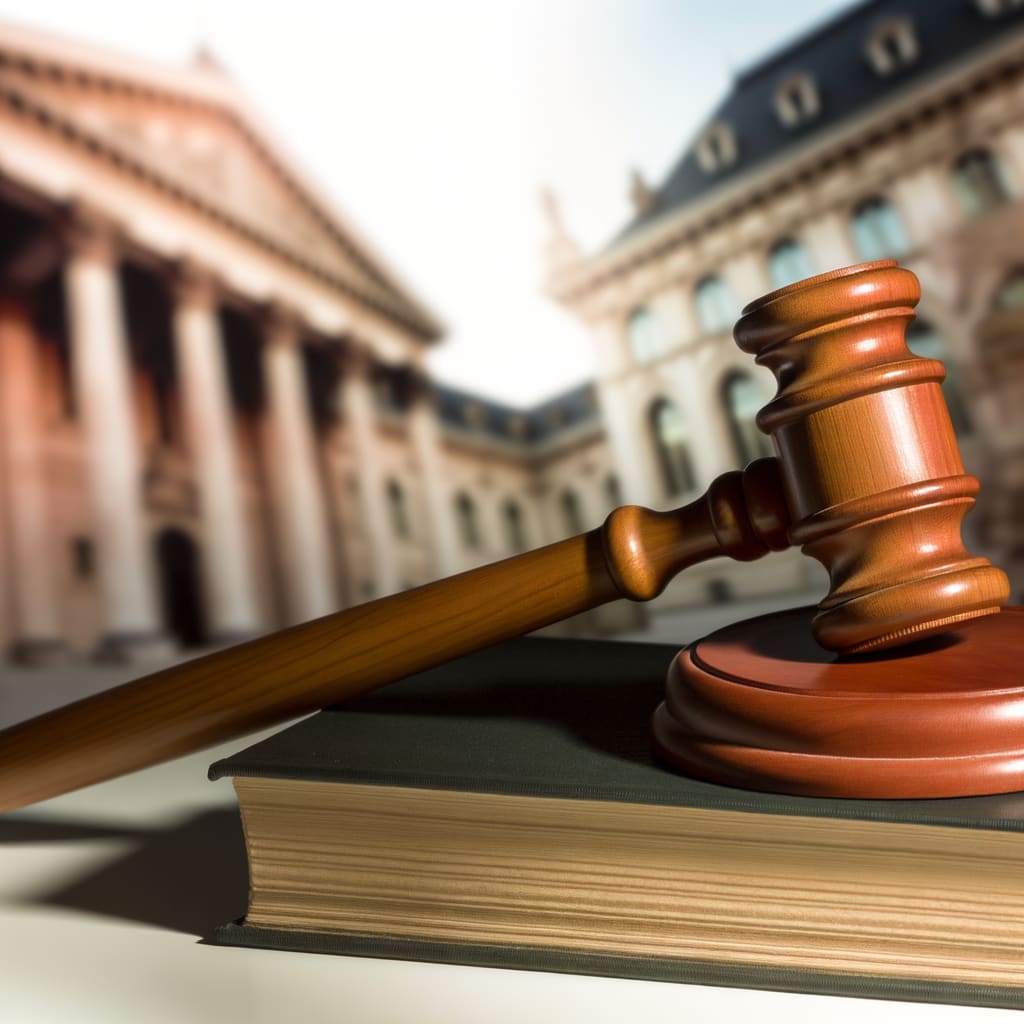US Supreme Court Limits Lower Court's Power, Trump Celebrates Victory
In a historic ruling, the US Supreme Court has limited the authority of individual district court judges to issue nationwide injunctions. The decision is seen as a significant win for President Donald Trump, potentially reviving some of his administration's contested policies.
Background of the Case
The dispute before the court stemmed from an executive order on birthright citizenship signed by President Trump on his first day back in the White House. Lower courts had previously used nationwide injunctions to halt major Trump initiatives, including policies on foreign aid, deportation of migrants, and federal layoffs. The Supreme Court's decision has now set a new precedent, raising the bar for judges seeking to block such policies nationwide.
Details of the Ruling
The Supreme Court's conservative majority ruled 6-3 in favor of limiting the power of lower courts. The court declared that nationwide injunctions exceed the equitable authority that Congress has granted to federal courts
. Justice Amy Coney Barrett, writing for the majority, stated, The applications do not raise — and thus we do not address — the question whether the Executive Order violates the Citizenship Clause or Nationality Act
. Instead, the issue is one of remedy, questioning whether federal courts have the equitable authority to issue universal injunctions.
President Trump celebrated the ruling, holding a news conference just over an hour after it was issued. He hailed the decision as a check against a colossal abuse of power
by federal judges and promised that the Department of Justice would promptly file to proceed with numerous policies that have been wrongly enjoined on a nationwide basis.
Reactions and Implications
The ruling has been met with mixed reactions. The Trump administration views it as a victory, clearing a major hurdle to the President's agenda. However, three liberal justices — Sonia Sotomayor, Elena Kagan, and Ketanji Brown Jackson — dissented from the ruling, indicating potential tensions within the court.
The ruling's implications are far-reaching, with potential effects on the fate of many of Trump's most assertive initiatives. However, the court's opinion on the constitutionality of some American-born children being deprived of citizenship remains undecided, leaving the fate of the President's order to overturn birthright citizenship rights unclear.
Current Status
Despite the Supreme Court's decision, some legal routes remain open. Hours after the ruling, a coalition of liberal legal groups, including the American Civil Liberties Union, filed a new class-action lawsuit against the Trump administration's January executive order redefining who qualifies for U.S. citizenship at birth.
The Supreme Court ruling may reshape American citizenship, at least temporarily. As challenges proceed in lower courts and the fate of contested policies hang in the balance, the nation grapples with the new limits on judicial power.

